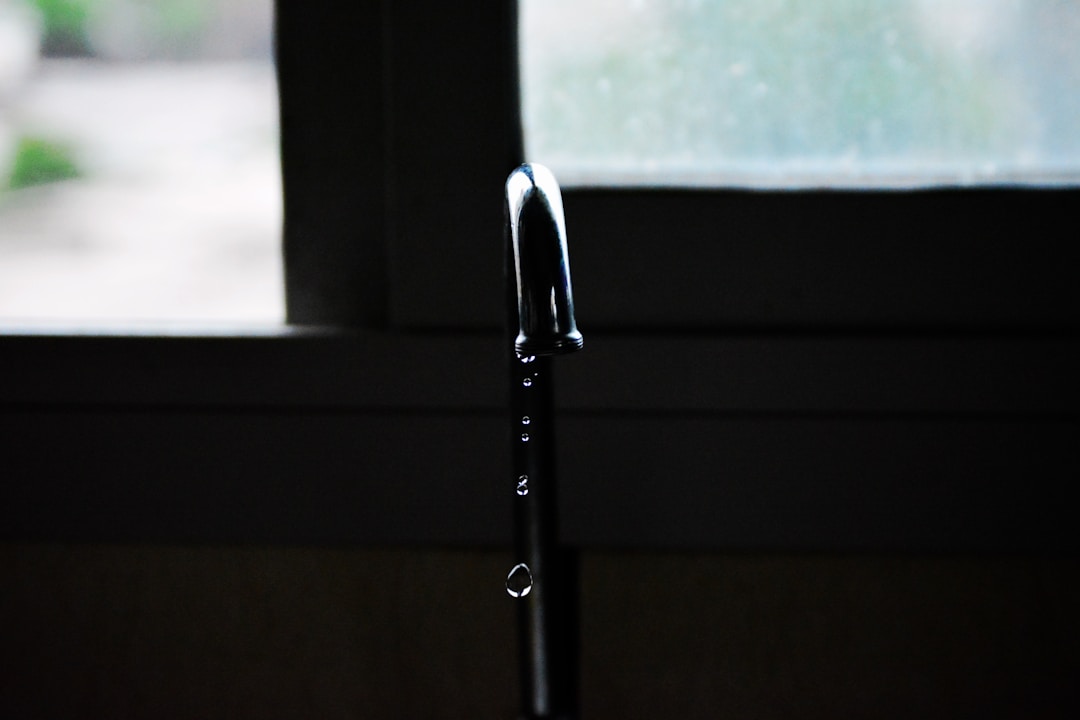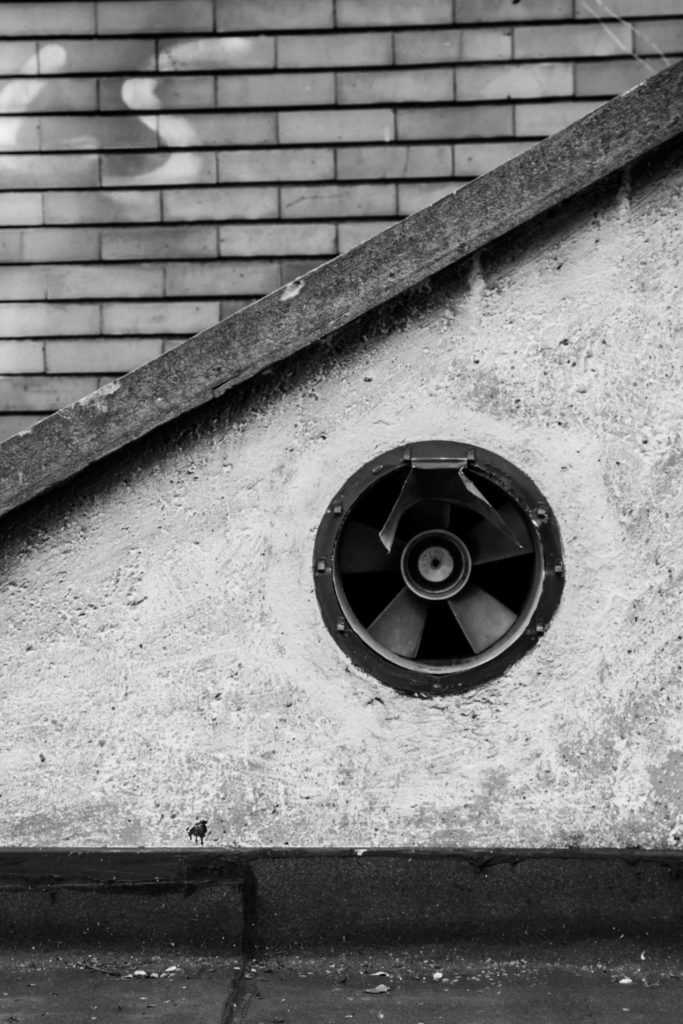Household systems are mechanisms designed to perform crucial tasks. Your electrical system ensures electricity flows throughout your house safely so you can turn on lights and use appliances. A home’s plumbing system delivers safe drinking water and removes sewage.
Maintaining your home’s systems can ensure they operate correctly and to maximize their lifespan. Each system may have a different life expectancy, which can be influenced by several factors.
How long should heating, ventilation, and air conditioning (HVAC) systems last?
Whether you’re installing a new HVAC unit or purchasing a home, you may have concerns about your system’s longevity. Google “how long do furnaces last” to learn about the life expectancy of different heating systems. A new HVAC unit should operate effectively for up to 15 years. You can ensure you maximize your investment in your HVAC unit by having it installed by certified HVAC technicians and investing in routine maintenance.
Each fall, an inspection will reveal if your heating unit has a dirty filter, a cracked heat exchanger, or replace a faulty heat pump. This inspection can help you decide if it’s time for a new furnace or if the old furnace can be repaired. Have your AC unit inspected each spring. Replacing dirty filters, cleaning air ducts, and cleaning the evaporator coils will prevent your AC unit from distributing allergens throughout your home and ensure your AC system operates correctly. Regular maintenance will also help you keep your energy bills low.
How long will your home’s electrical system survive?

Electrical panels and wiring can last for up to 60 years. Although the system may be safe and usable, however, increased demand could change your electrical needs. Six decades ago, most homes only owned one TV. As of 2015, 58% of homes in the United States owned at least two TVs. Only a few decades ago, most people primarily used a stove to cook.
Today, many kitchens feature a stove, microwave oven, pressure cooker, and other appliances, such as blenders, juicers, and grills. Computers, video game systems, and other appliances, such as heated towel racks, add to the demand on a home’s electrical system. If you own an older home, you may need to upgrade your system and add electrical outlets to avoid overloading your electrical circuits.
Rodents can also damage your electrical system. Have your home inspected each year by a pest removal specialist and set traps for mice and rats to keep them from damaging your wiring.
How long will your plumbing system operate last?

Most pipes will last between 40 and 80 years. Their longevity is affected by their construction materials. Clay pipes in older homes may have to be replaced. You can also extend your pipes’ life by having them cleaned or investing in trenchless pipe replacement to keep damaged sections of the pipe from collapsing.
How long do home automation systems survive?
Home automation systems enable you to use technology to operate your home’s systems. The home automation system can adjust the temperature, turn lights on, or shut off appliances. A home automation system’s lifespan may only be a few years. New technology has a significant impact on these systems, and if a new product is introduced, that’s incompatible with your home automation system. Installing popular systems from major retailers may help you avoid this issue.
What factors will affect your home systems’ longevity?

Homeowners typically spend over $1,100 each year on household maintenance, but the amount can vary based on the age of the home, climate, and home’s history. If you’re buying a house that wasn’t maintained, your home systems may not last long. A home inspection may reveal maintenance issues that can help you determine how long the existing systems should last. If they’re in bad shape, you may opt to replace them, but you may be able to extend their life by hiring technicians to replace worn parts, clean the systems, and perform system upgrades.
The volume of use could have an impact on your systems’ life expectancy. If you and your partner separate, you may be wondering how to repair a relationship after infidelity while your partner resides elsewhere. Although this situation may cause strain on your marriage, it could reduce the use of some household systems, such as your plumbing system. The number of occupants in your home and health factors that could prompt increased use of your HVAC unit or plumbing system may also affect how long those systems will last.
Each system’s life expectancy varies, and it can also be affected by new technology and volume of use. Your home’s systems need to be correctly installed. You may also be able to maximize your systems’ life expectancy by investing in regular system maintenance.

